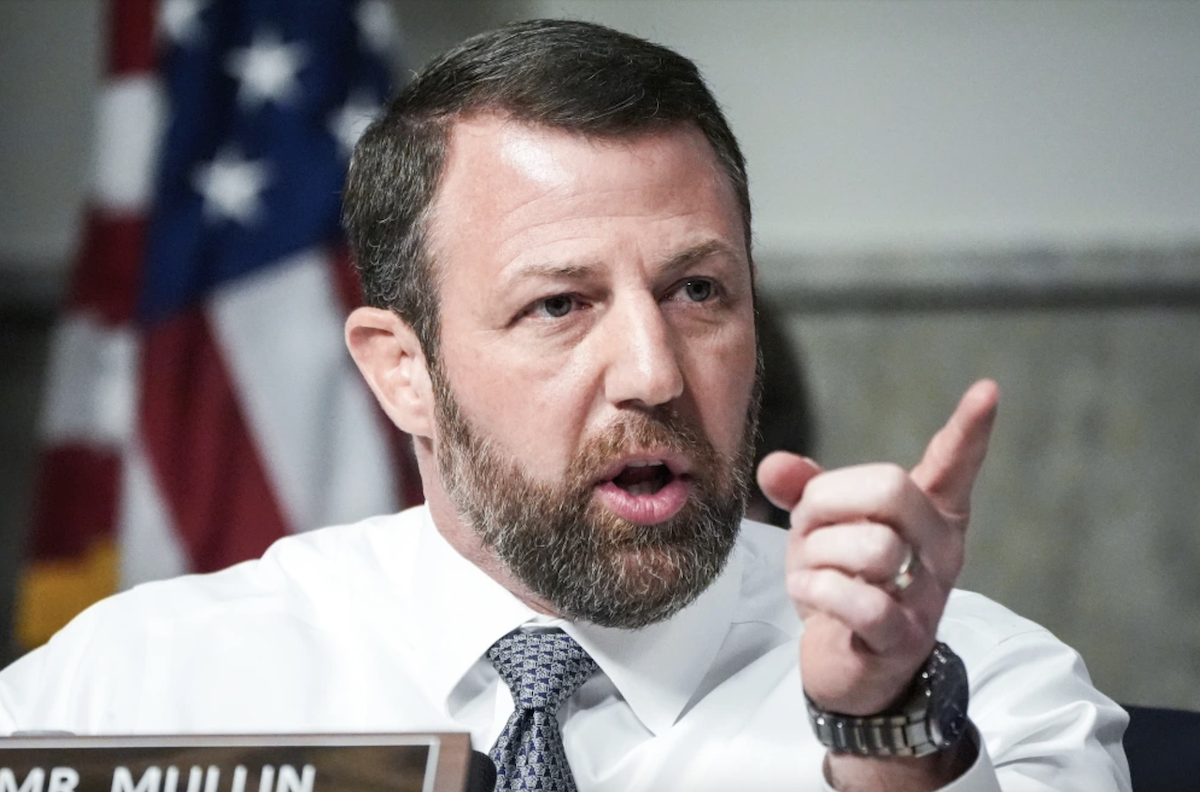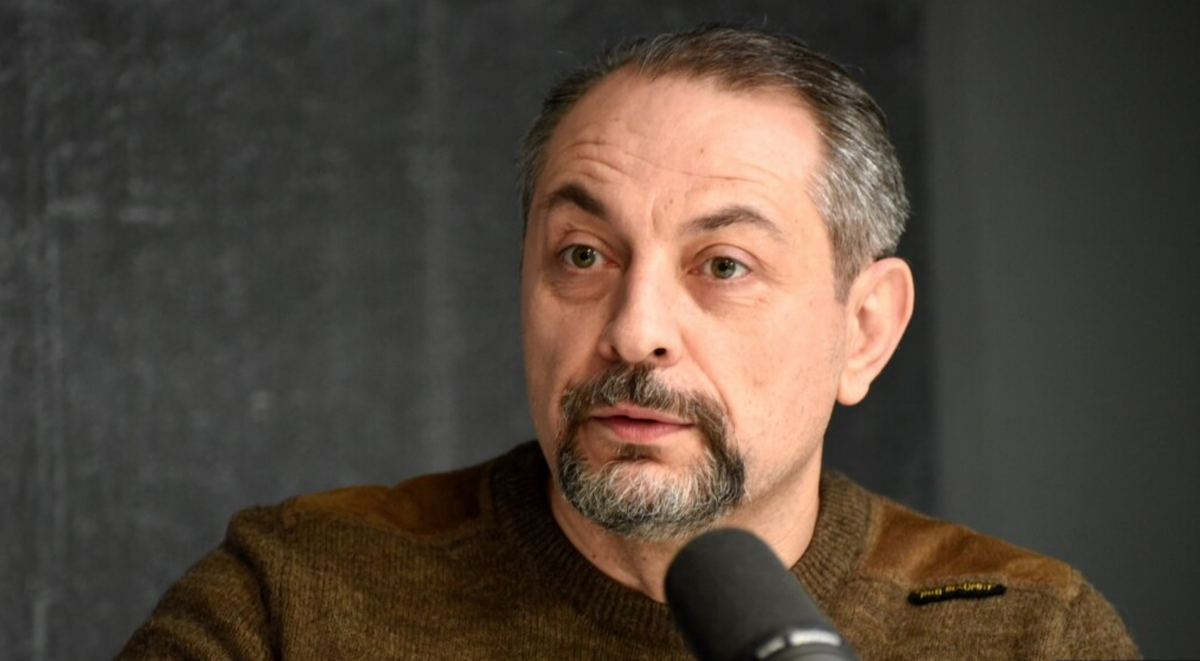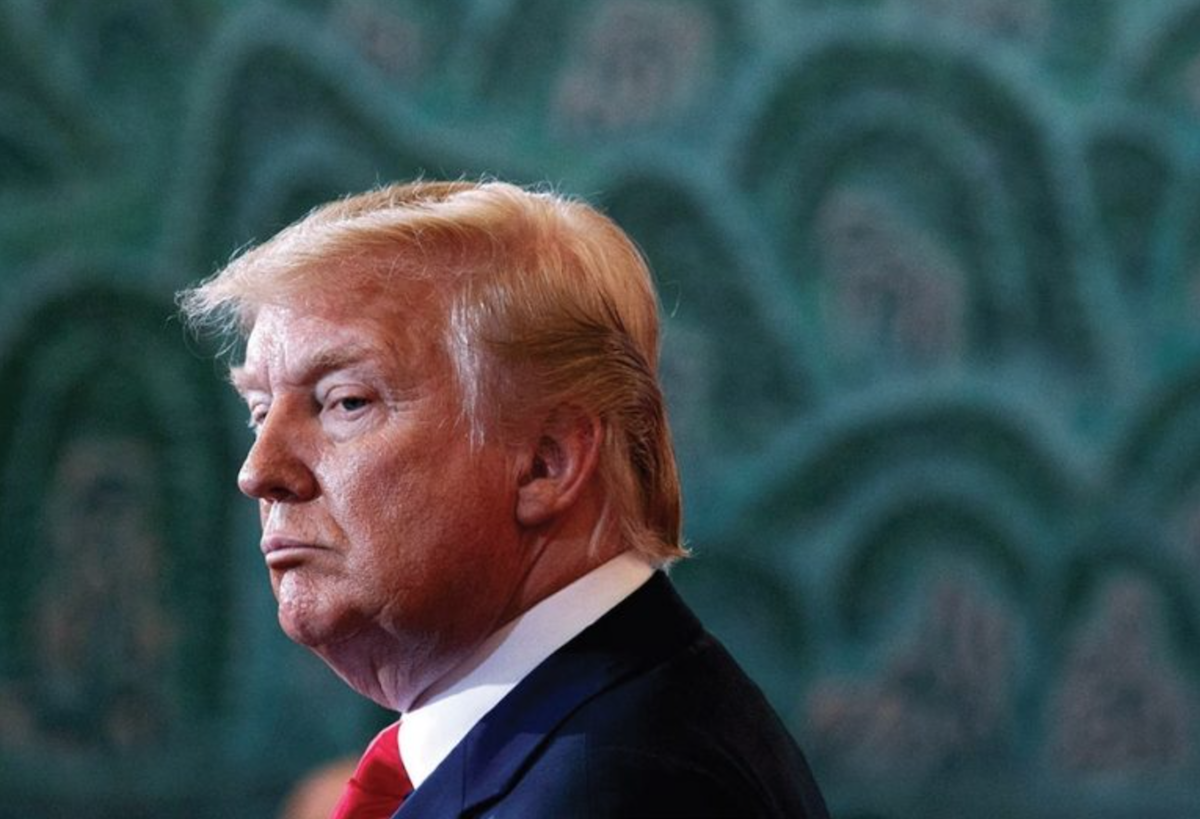Georgia’s anti-American turn towards Moscow, Tehran and Beijing - US Helsinki Commission hearing
Helsinki Commission: the anti-American ‘Georgian Dream’
On 10 September, the US Helsinki Commission held a hearing titled “From partner to problem: Georgia’s anti-American path.”
Speakers and members of Congress sharply criticised the foreign and domestic policies of the ruling Georgian Dream party, striking a common theme:
Georgia’s anti-American government has turned to Moscow, Tehran and Beijing.
The hearings also underlined the need to adopt the MEGOBARI Act.
The MEGOBARI Act was introduced in the House of Representatives in May 2024 by Republican congressman Joe Wilson. The bill requires the US president to impose sanctions on members of the Georgian Dream government and others deemed to pose a threat to Georgia’s stability, security and democracy. It obliges the president to sanction regime members, their supporters and their families, with measures including visa bans and asset freezes.
The act also calls for a full reassessment of US–Georgia relations, including all aid programmes.
In May 2025, the House of Representatives approved the MEGOBARI Act. It must now pass the Senate before reaching the final stage – a signature from president Donald Trump.
The hearing was chaired by Joe Wilson, a Republican and chair of the commission, alongside Steve Cohen, a Democrat and co-chair. Former US ambassadors to Georgia were present in the room, including Kelly Degnan, who served from 2020 to 2023.
Representing Georgia were the country’s fifth president, Salome Zourabichvili, and former defence minister Tina Khidasheli, head of the NGO Civil Idea.
Also testifying was Luke Coffey, senior fellow at the Hudson Institute.
Zourabichvili and Khidasheli drew particular attention to activists and journalists detained during the pro-European protests, which have continued in Georgia for more than nine months. Among those convicted is Mzia Amaghlobeli, founder of the popular independent outlets Batumelebi and Netgazeti.
What was said at the hearing
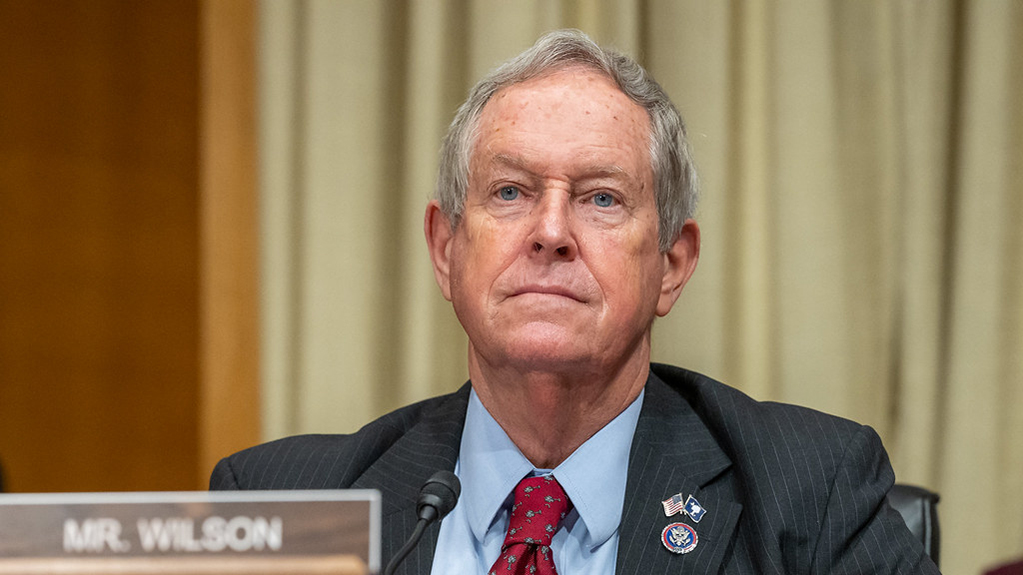
Joe Wilson, co-chair of the US Helsinki Commission:
“The Georgian Dream government, which rigged the parliamentary elections in autumn 2024, is dragging the Georgian people towards dictatorship, stripping them of sovereignty and impoverishing them, while betraying the country’s traditional allies, including the United States.
[…] This undermines everything achieved with US support, after Washington spent decades investing heavily in building a free, prosperous and democratic state in Georgia. Today we are watching this progress being destroyed by a corrupt regime that lacks legitimacy.Georgian Dream came to power through election fraud. It rules as a one-party regime. It jails opposition leaders, beats and tortures peaceful protesters, silences independent media and is turning Georgia into a laboratory of authoritarian control.
Georgia is sliding into the same category as Belarus and the Russian Federation.
But Georgian Dream does not represent the people. The people of Georgia have repeatedly taken to the streets in mass demonstrations, demanding a return to democracy, sovereignty, a peaceful future and prosperity alongside the West.
Today, however, their aspirations are being crushed by a small group of oligarchs and autocrats who answer not to the Georgian people but to the Chinese Communist party in Beijing and to the war criminal Putin in Moscow.
On top of that, they spend their time courting the dictatorial regime in Tehran.
We will also look at what tools the United States has in response, including the bipartisan MEGOBARI Act, to hold Georgian Dream accountable while maintaining strong support for the people of Georgia.”
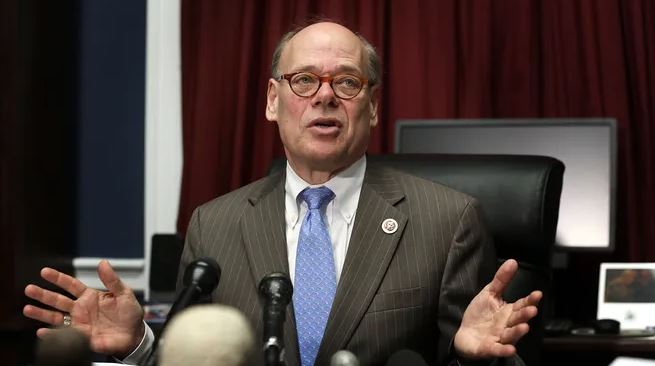
Steve Cohen, Democratic congressman:
“I don’t like to judge people by appearances, but when I first saw him [Bidzina Ivanishvili, the oligarch seen as Georgia’s shadow ruler], he had all the signs.
At the time I didn’t know about Elon Musk. But he had all the traits I later saw in Elon Musk: wealthy, arrogant, elitist, self-important.
And I thought: is this really a positive character?
Georgian Dream has turned into a Georgian nightmare; it is not what it claimed to be.
Russia has occupied part of Georgia and will do so again if the opportunity arises. And now it has an ally in Bidzina Ivanishvili, which makes it easier to conquer the country from within.
Unfortunately, the Senate did not pass the MEGOBARI Act – there were some problems.
But Joe Wilson is right: Republicans and Democrats, both parties, support this bill. That kind of bipartisan backing is almost unheard of – it’s huge. And it seems just one person managed to ‘kill’ it [a reference to Senator Markwayne Mullin]. Why that happened, I don’t understand.”
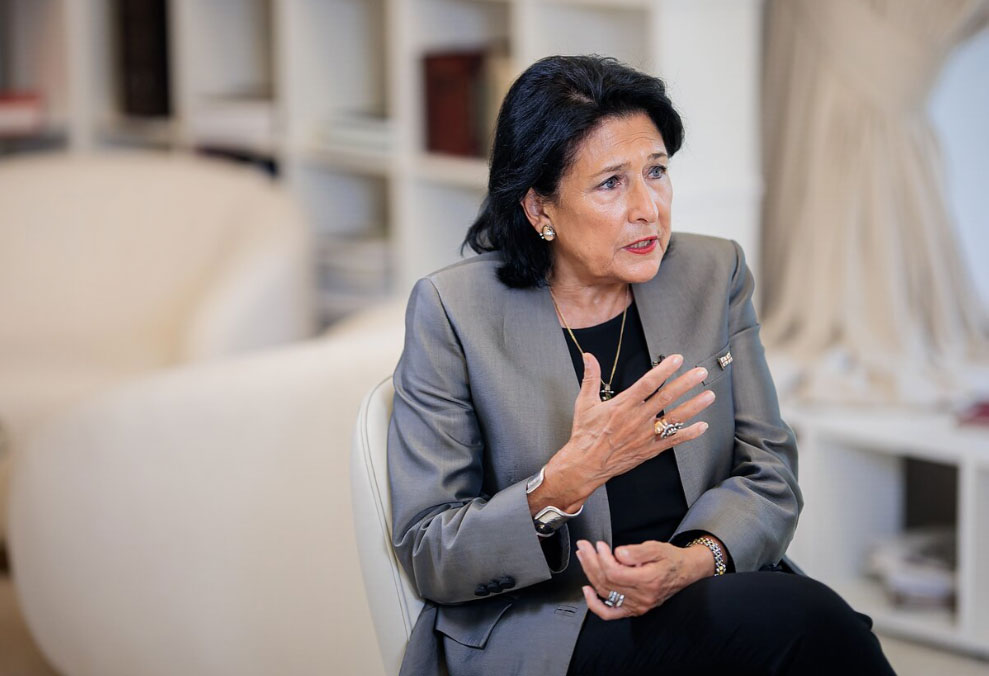
Salome Zourabichvili, Georgia’s fifth president:
“America invested enormous resources in Georgia – financial and human.
It wasn’t just a gift; it was a demonstration of commitment to Georgia’s freedom, security and European future.
With US support, Georgia’s economy and democratic institutions were strengthened, its armed forces were equipped and trained, schools and hospitals were built, and teachers, civil servants and doctors received retraining.
These steps ensured peace and stability in Georgia. The country gradually became a hub for Black Sea security, the Middle Corridor and the energy routes linking the Black and Caspian seas and stretching further into Central Asia.
Georgia proved itself a reliable partner. We took part in missions in Afghanistan and Iraq. And most importantly, the Georgian people have always strongly supported this partnership.
In short, Georgia became a strategic success for the United States.
For more than a century, Russia has sought to keep the Caucasus and Central Asia under its exclusive influence. But thanks to this partnership, America became a full player in the region, inspiring our people and setting new standards.
Today, for the first time in three decades, Georgia’s ruling regime has turned its back on that partnership. They are distancing and isolating themselves – and the country – from their most reliable allies, while drawing closer to America’s adversaries.
Russia is trying to reassert its dominance. Georgian Dream is becoming increasingly anti-western. Its public statements have taken on a stridently anti-American tone, including attacks on US officials.
For example, the attacks on the ambassador sitting here behind me [Kelly Degnan] were not about offering an alternative view, but about accusing the United States. They claimed that America was demanding the opening of a second front with Russia.
There were also personal attacks on President Trump and his administration.
At the same time, Georgian Dream leaders are deepening ties – first and foremost with Russia, parroting Kremlin rhetoric – but also with China and, regrettably, with Iran.
This has followed the rupture of Georgia’s strategic partnership with the United States. The result has been a 180-degree turn in the country’s foreign and domestic policy.
This threatens an independence won at a very high price: 20% of Georgia’s territory remains occupied, and Russia waged war in 2008 – a war that preceded two further acts of aggression in this century.
All of this is worthy of condemnation – it runs counter to the national interests of the United States and to Georgia’s independence.”
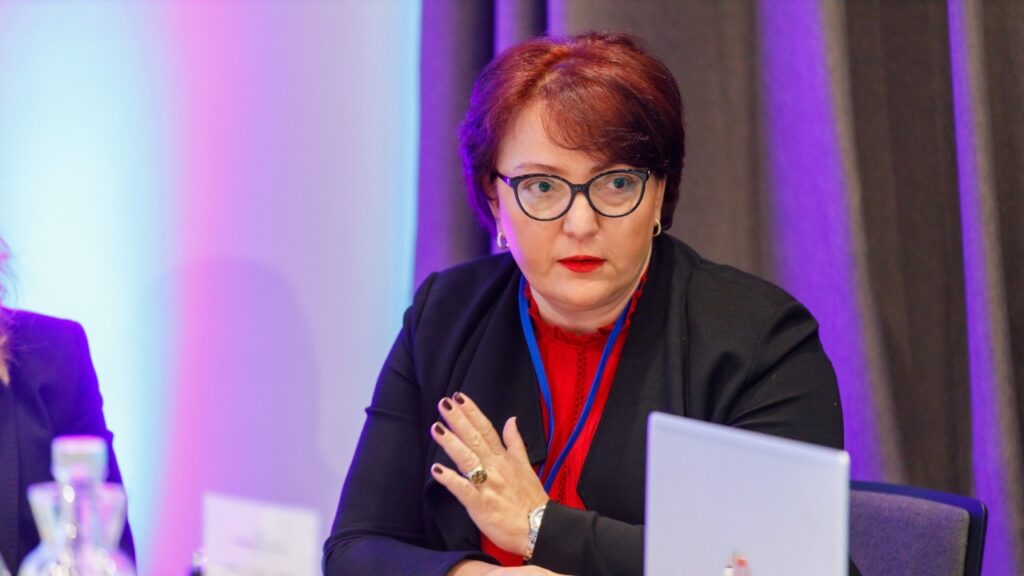
Tina Khidasheli, Georgia’s former defence minister (2015–16):
“I want to begin with the simplest truth: Georgia’s security is impossible without partnership with the United States.
It has never been, and never will be, possible without America’s support and commitment.
Georgia’s statehood could not have been formed, nor could it have survived. It was US intervention that stopped Putin during the August war of 2008.
US leadership has been, and remains, decisive in the policy of non-recognition of our territories occupied by Russia.
With US help, we built a modern army and state institutions. With their support we established schools and hospitals, developed universities, and trained teachers, civil servants and doctors.
The list is very long, and we hope this partnership will endure.
Georgia matters to the US, to Europe and to the international community for three main reasons:
- its geographic position
- its strategic connectivity
- its example of democracy
Georgia lies at the heart of the Middle Corridor – the modern Silk Road linking East and West, North and South, bypassing Russia and Iran.
We are a small country, but our greatest advantage is that we are a gateway and a bridge, connecting the markets of Central Asia and Europe through pipelines, railways and ports.
This is not just a trade route – it is a corridor of freedom. It is a path along which goods, energy, data and people can move without the political pressure or blackmail so typical of the northern route or Iranian influence from the south.
The Middle Corridor is not an alternative – it is the only viable path. It is both practical and politically sound for the United States and its allies.
For the US, the Middle Corridor provides resilience in the face of authoritarian powers – the threat from Iran, Russia’s continuing attempts to reassert influence, and the growing reach of China.
The Middle Corridor offers the world a democratic alternative. Georgia is its cornerstone. Without Georgia, the Freedom Corridor cannot exist – the route will be closed, and the door will open to Russia, Iran and China.”
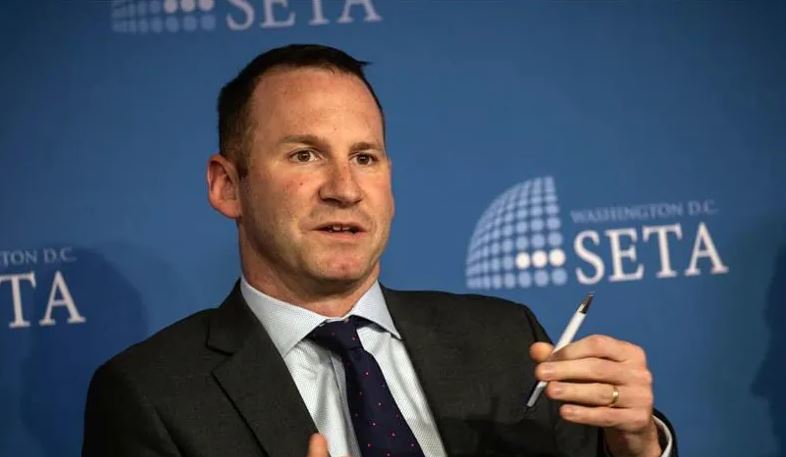
Luke Coffey, senior fellow at the Hudson Institute:
“Claims by Georgian Dream leaders about supporting Donald Trump are false. In fact, it is the opposite.
A turn towards Iran does not align with President Trump’s worldview. Nor does inviting the Chinese Communist party to take part in critical infrastructure projects.
Just recently, a US court found a Georgian citizen guilty of plotting to kill an Iranian-American journalist on behalf of the Islamic Revolutionary Guard Corps.
Examples like this show that Georgian Dream is seeking closer ties with the Islamic Republic, giving its intelligence services and proxies more room to operate in the country.
It is natural for Georgia to want good relations with Beijing. But the enthusiasm shown by Georgian Dream figures for forging deeper ties with China is cause for concern.
Allowing Russia to evade sanctions undermines President Trump’s ability to achieve peace in Ukraine – one of the top foreign policy priorities of the current White House.
Georgian Dream lies when it claims that western officials are supposedly pushing Georgia to open a second front against Russia.
Their talk of a so-called ‘global war party’ is nonsense – and it is important to call it out. I have never heard anyone in Washington say Georgia should open a second front against Russia.
Any backsliding on democracy is troubling. But in Georgia’s case the consequences are serious, because it undermines US national security.”
Helsinki Commission: the anti-American ‘Georgian Dream’










